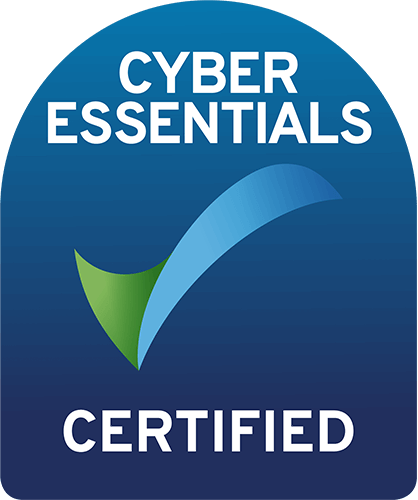Being a landlord in Wales can be challenging from keeping up with changing regulations to ensuring that you stay compliant with the law. On 1st December 2022, the Renting Homes (Wales) Act 2016 came into effect and replaced certain provisions in UK-wide law (like the Housing Act 1985 and the Housing Act 1988). It also amended existing Welsh law, including the Renting Homes (Wales) Act 2019.
There was a six-month grace period for landlords, granted from the date the law came into effect to allow landlords to convert existing tenancies into new occupation contracts, as per the Act’s requirements. This, however, is well and truly over. Understanding and abiding by the new rules is therefore more critical than ever.
In this blog, our trainee solicitor, Jess Key, explains more and how these legislative changes affect both new and established rental agreements.
Q: What regulations do landlords have to adhere to under The Renting Homes (Wales) Act 2016?
A: The new rule changes under The Renting Homes (Wales) Act 2016 include:
- Providing a Written Occupation Contract: Landlords must supply tenants with a written occupation contract within 14 days of the occupation date. This document outlines the terms of the rental agreement and is essential for legal transparency and protection for both parties.
- Deposit Protection: Any deposit taken from a tenant must be protected in a government-recognised protection scheme. This is crucial to ensure that tenants’ money is safeguarded and can be returned under the terms of the tenancy agreement.
- Licensing and Registration: Landlords must be licensed and registered with Rent Smart Wales or they can use a licensed agent. This ensures that landlords are properly vetted and comply with all legal obligations.
- Property Standards: The property must be fit for human habitation. This includes providing adequate ventilation, installing carbon monoxide alarms, and meeting other safety and habitability standards. Ensuring the property is safe and liveable is a fundamental requirement.
Q: Are there new penalties for landlords who are not compliant?
A: Yes. When the Act was adopted in December 2022 the penalties for non-compliance were established and they currently exist, which include:
- Rent Stopping Orders: This penalty can prevent a landlord from collecting rent until they rectify the issues that have led to non-compliance. This is a powerful tool to ensure landlords take immediate action to meet their obligations.
- Fixed Penalty Notices: Landlords can be fined for specific breaches of the legislation. These fines serve as a deterrent against breaking regulations and encourage landlords to maintain their properties and obligations.
- Criminal Prosecution and Fines: In severe cases of non-compliance, landlords may face criminal prosecution, which could lead to substantial fines. This penalty underscores the seriousness of adhering to the regulations.
- Invalid Notices: Landlords that circumvent these new rules may find that they are unable to serve certain valid notices to tenants, such as those required to regain possession of the property. This can create significant legal and financial challenges for landlords who fail to comply.
Q: How does the Act affect no-fault evictions?
A: The 1st December 2022 legislation also affected the process of no-fault evictions. Specifically, the law replaced the English Section 21 notice with a similar but modified process whereby a “no-fault” notice requires a six-month notice period before a possession order can be granted. Moreover, this notice cannot usually be served within the first six months of a Standard Occupation Contract. This change provides tenants with greater security and longer notice periods before they can be asked to leave their rented home without a specific reason.
Q: Will this law affect existing tenants and landlords?
A: Yes, this law affects all existing tenants and landlords in Wales as it has been in force now for 20 months. Since the end of the six-month grace period all tenancies, whether entered into before or after the 1st December 2022, are now subject to these regulations. Both landlords and tenants must understand and adhere to the new requirements, as they are fully applicable across all rental agreements in Wales.
Q: Where can I find information, on how this will impact me?
A: The Rent Smart Wales and Renting Homes at GOV.WALES are useful sources of information and support. Additionally, here at Thomas and Thomas Solicitors, we are hosting free 10-minute drop-in sessions and we also offer a landlord compliance check for £100 + VAT – our experienced litigation teams are on hand.
To find out more about the Renting Homes (Wales) Act 2016 and how it could affect you whether as a landlord or a tenant, then do contact our team here who will be happy to help.





